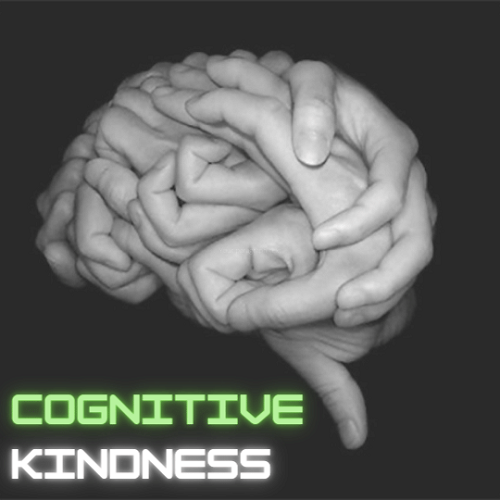In life, good careful thinking is paramount. Yet the default structure of many situations we encounter and the internal choices we make about how to do things do not promote good thinking and in fact, often work directly against it.
You might call it cognitive cruelty – a situation that benefits from good thinking, but is structured in ways that work against that outcome.
As detailed by two psychologists, what we need is some cognitive kindness. Kindness, in the form of generosity and caring, offered without expectation of anything in return. Cognitive, in that the kindness is directed toward our mental abilities, including our capacity to reason and understand, to imagine and create, to dream and design, to envision and enact.
It’s about being kind to the mind……attention, working memory, and other cognitive functions are limited in capacity.
I used to be cognitively cruel to myself.
The Dumb Scientist
For example, I was a double major in Astronomy and Physics in college. Which might as well mean you are a triple major when you add the mathematics required as the foundation for the first two.
By the time I was hitting Calculus III and beyond, I would have “only” 2-3 homework problems a night.
Each problem would take an entire page or two of notations and formulas – and sometimes an hour or two of time – to figure out.
But I often worked on the problems in a cognitively cruel way to myself. I would be determined to get my homework done when I wanted to get it done rather than sensing when my brain was best suited to do so.
As a result, I would be a little foggy or in need of a break and just stay at my desk staring at the page, or sometimes nod off on my desk drooling on my homework. Those were some frustrating evenings.
Looking back, on the rare occasion I “took a break,” which means some other task “disrupted” my self-imposed desk detention, I would often come back to the problem I had left behind and see the solution more clearly and rapidly than I had experienced prior to my break where I was stuck and frustrated.
But I never learned from this. We are remarkably unwise when we are young.
I never learned to walk away when cognitively stuck on a problem. (I didn’t even know what the term “cognitively stuck” might mean.)
Cognitive Kindness is Not the World’s Default Setting
Many of our systems in life a designed without cognitive kindness: The reply-all button is right next to the reply button when it should be buried in a menu or harder to find so we all stop getting unnecessary messages.
New Year’s resolutions around fitness are another example. There is perhaps no worse time of year to get up early and begin a new effort at exercise than when it is coldest, darkest, (at least in the northern hemisphere) and you’re already reeling from disrupted schedules from the holidays.
We overload ourselves trying to do much at once for too long without interruption. Have you ever noticed how in the shower, you get answers to problems, find creativity flourishing, or remember an important task relegated to the back burner? (Standing under running water fully naked with no other distractions frees your mind.)
We force ourselves to do types of exercise we dislike or do it at times of day that are ill-suited for our schedules, preferences, or our natural ebbs in energy. And we wonder why it’s so hard to stay consistent.
Be Cognitively Kind to yourself and others. Things are hard in life enough without them becoming unnecessarily harder by the way we choose to structure something.

